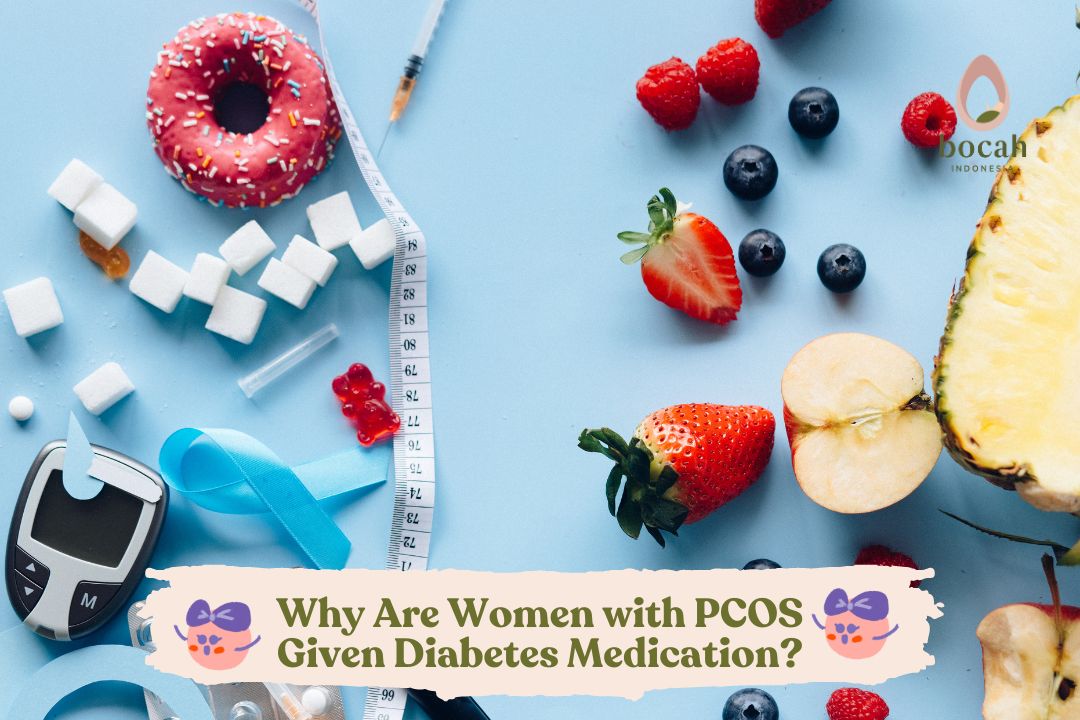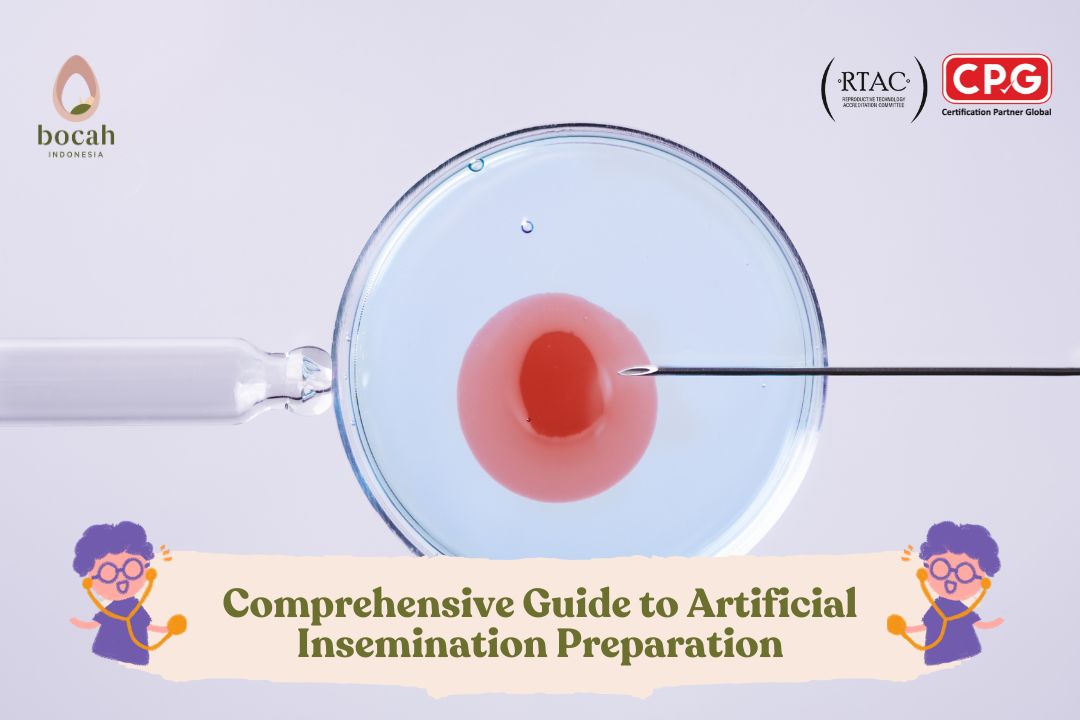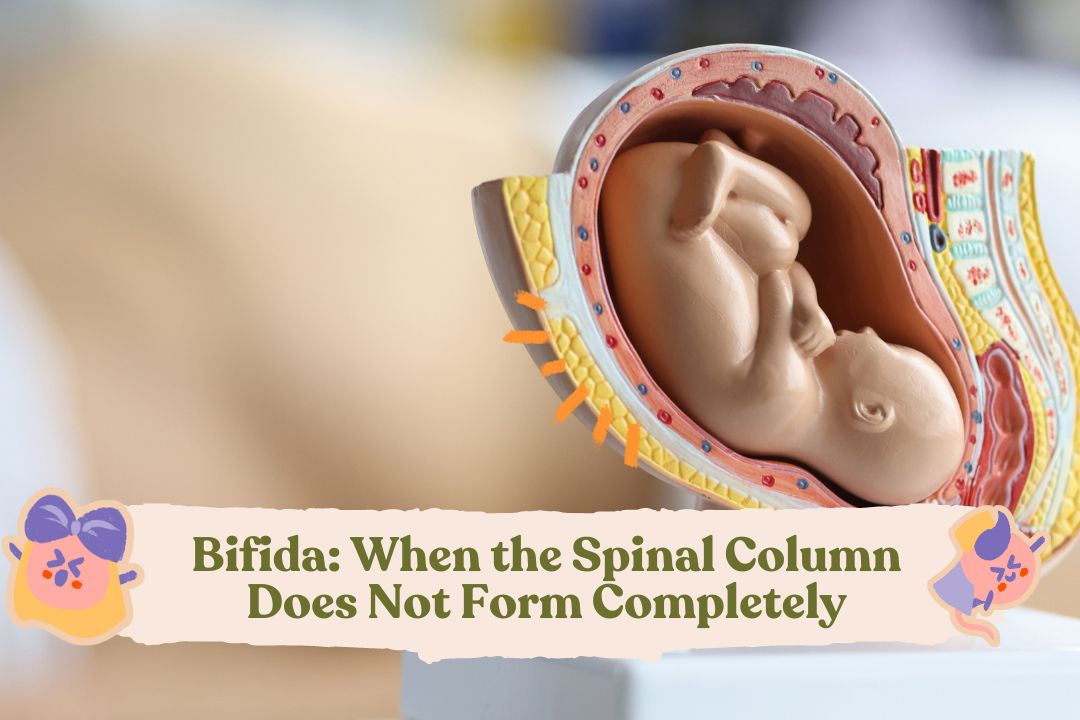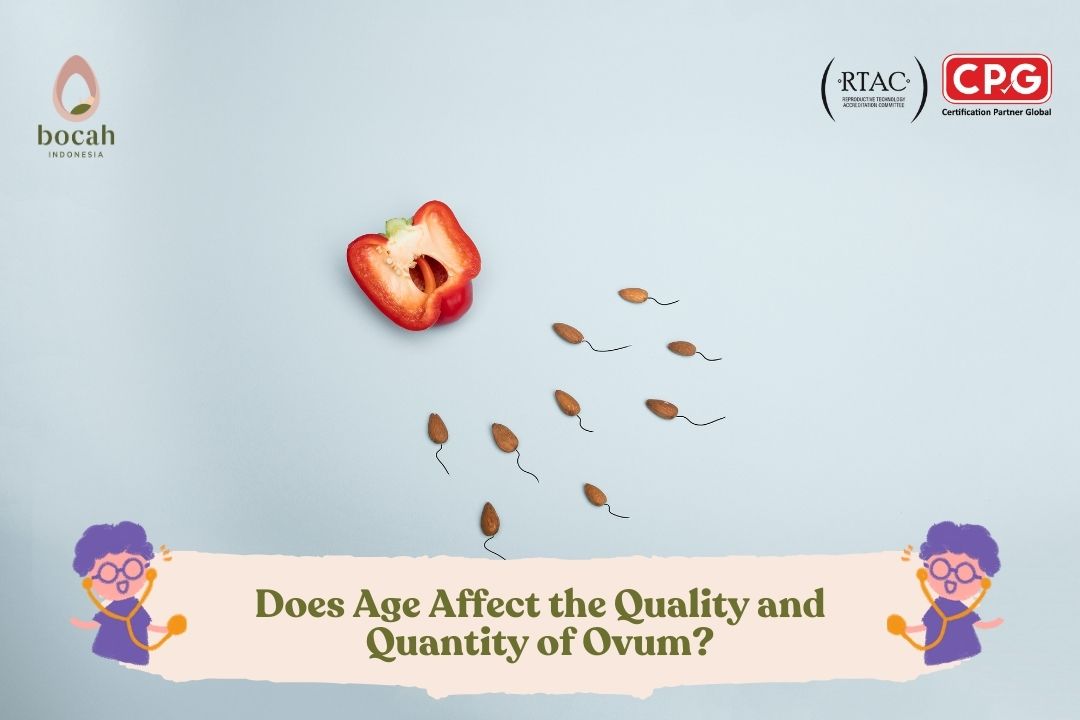Women with PCOS Given Diabetes Medication, Does It Increase Success Rate?

Women suffering from PCOS are at risk of various complications, one of which is diabetes. The type of medication prescribed by doctors is tailored to each patient’s condition.
Have you ever experienced prolonged irregular menstrual cycles? Be careful, this condition could indicate Polycystic Ovary Syndrome or PCOS. PCOS is caused by hormonal imbalances that occur in women of reproductive age.
To date, the exact cause of PCOS is still unknown. However, this condition can occur due to genetic or environmental factors. There are several risk factors that can trigger the onset of PCOS, such as excess insulin hormone and ovaries producing too much androgen hormones.
Why Are Women with PCOS Given Diabetes Medication?
For PCOS patients, there are several treatment methods available, ranging from lifestyle changes to medication. Doctors will prescribe various types of medications based on the patient’s condition, such as birth control pills, fertility drugs, and diabetes medication like metformin.
Why are women with PCOS given diabetes medication? Metformin is a type of medication that can lower blood sugar levels in PCOS patients. This is because women with PCOS have the potential for insulin resistance and hyperinsulinemia, so the prescribed medication contains metformin.
Tanya Mincah tentang Promil?
Furthermore, this medication can also aid in the maturation of egg cells in PCOS patients, excess hair growth, irregular menstrual cycles, and obesity. However, this medication should be taken as directed and under the supervision of a doctor.
Risk Factors That Can Trigger Polycystic Ovary Syndrome
Here are some risk factors that can lead to the development of Polycystic Ovary Syndrome:
Excessive androgen production. Women with PCOS have elevated levels of androgen hormones, also known as male hormones, in their bodies. Androgen hormones can cause various physical symptoms in women, such as facial and body hair growth, baldness, and severe acne.
Excess insulin hormone. In addition to androgen hormones, women with PCOS also have excess insulin. Insulin is a hormone produced by the pancreas to regulate cells’ use of glucose as the main energy source in the body. If these cells become insulin resistant, blood sugar levels rise, leading to increased insulin production. This excess insulin is what causes high androgen hormone production, making it difficult for women to ovulate.
Genetic factors. PCOS can also occur if a mother has a family member with a history of PCOS. Genetic factors have a high chance of a woman experiencing PCOS.
Low-level inflammation. PCOS can also be triggered by low-level inflammation, which stimulates the ovaries to produce higher levels of androgen hormones, which can lead to heart and blood vessel problems.
Complications That Occur in Women with PCOS
Do not ignore PCOS, as if not treated promptly, it can lead to several complications for those affected, such as:
Infertility. This condition can make it difficult for mothers to become pregnant due to irregular menstrual cycles. Therefore, it is important to undergo treatment before planning a pregnancy program.
Diabetes. Insulin resistance experienced by women with PCOS can also increase the risk of diabetes. This complication can damage small blood vessels in the kidneys, heart, and nervous system, posing a threat to life.
Hypertension and cardiovascular disease. Excessive production of androgen hormones in the body can lead to various conditions, including hypertension and cardiovascular diseases. This is because it affects the health of the walls of artery blood vessels, leading to conditions such as hypertension and cardiovascular diseases.
Fatty liver. This condition is caused by the accumulation of stored fat in the liver and is not caused by alcohol.
Increased cholesterol levels.
There you have it, an explanation of why women with PCOS are given diabetes medication. It is important for women with this condition who want to get pregnant to promptly check their fertility condition and undergo the recommended treatment. This is to ensure that the pregnancy program they undergo yields optimal results.
Source:
- Malachias, M.V.B. (2019). Polycystic Ovary Syndrome and Cardiovascular Diseases: Still an Open Door. Arq Bras Cardiol. 2019 Apr; 112(4): 430–431.
- European Society of Cardiology. Young women with polycystic ovary syndrome have raised risk of heart disease.
- National Health Service. Treatment- Polycystic ovary syndrome.










